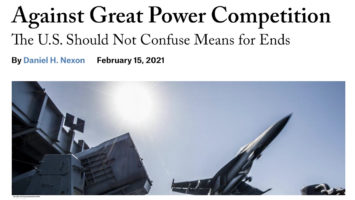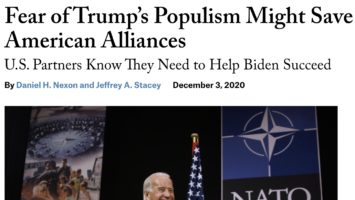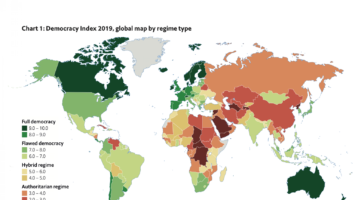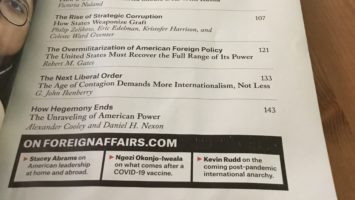Why the “Great Power Competition” Framework is Flawed
Dan has a brand new piece online at Foreign Affairs on why I’m extremely skeptical of the idea of “Great-Power Competition” as a strategic framework. Great powers compete. The relative decline of the United States means that other great Read More











